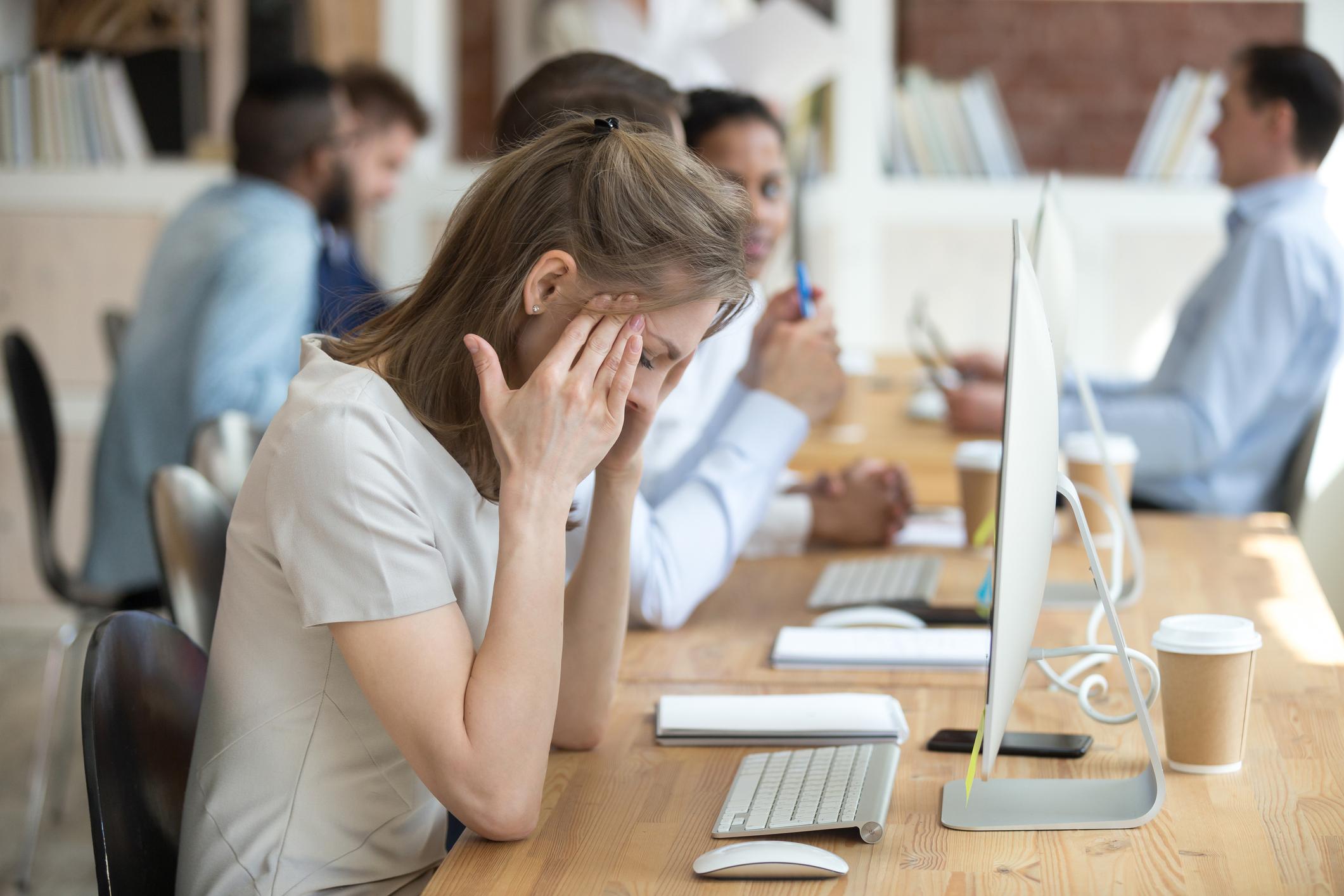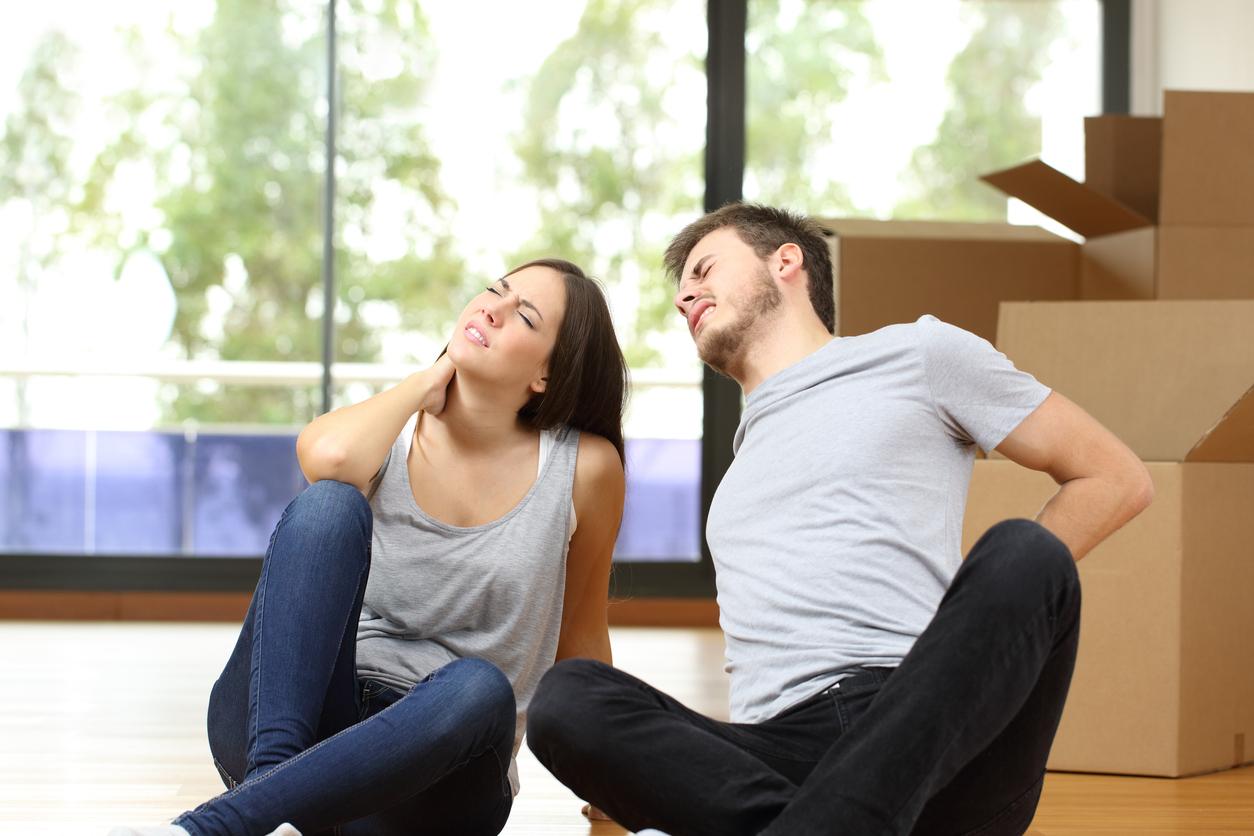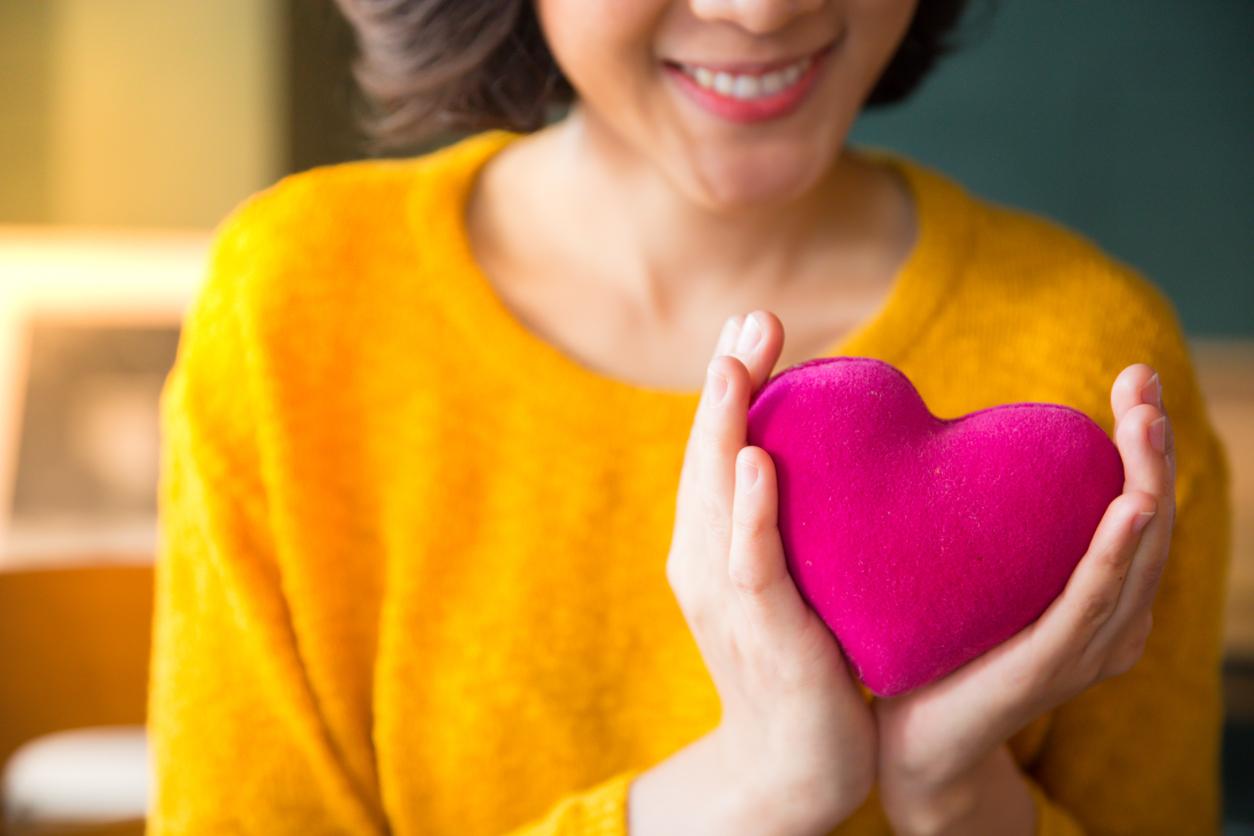An Ifop survey highlights the mental burden that weighs on women during family vacations.

- 43% of women believe they do “a lot more” than their partner during the holidays.
- This imbalance of tasks between women and men is the source of frequent tension within couples.
“Honey, did you remember to take the children’s toys?”. “And what time does our train leave tomorrow?”. These questions are more likely to be heard by women in heterosexual couples, according to a recent Ifop survey made for the blog “Voyage avec nous”. This survey was conducted among 1,099 couples representative of the French population.
Unequal distribution of tasks
The survey reveals that women’s mental burden associated with managing household chores and/or childcare is on their holidays. In fact, 66% of the women surveyed believe that they do more overall than their spouse, whether for booking tickets and accommodation (48%), packing suitcases (78%) or even organizing activities. for the family once there (48%).
For their part, men seem to perceive things differently, since 55% consider that the tasks related to going on vacation and organizing stays are distributed equally within their couple.
No respite during the stay
However, the figures speak for themselves concerning the tasks: eight out of ten women surveyed explain that they take care of preparing the children’s suitcases or the first aid kit alone (86%). “Arrived at their destination, 75% of them run the washing machine to clean the children’s clothes, and more than half make lunch and dinner, take care of keeping the holiday notebook or worry about the different activities in which their offspring participate”says the survey.
Only one case is an exception in the distribution of tasks. When the family journey takes place by car to get to the holiday destination, men are much more likely to take the wheel (58% against 18% of women surveyed).
This mental burden, which interferes even in the suitcase, is only the ultimate proof that the management of daily tasks still largely falls to women within heterosexual couples. A major societal inequality, but which can also produce significant consequences on mental health: exhaustion, anxiety disorders, skin diseases, stomach aches or even headaches.
















